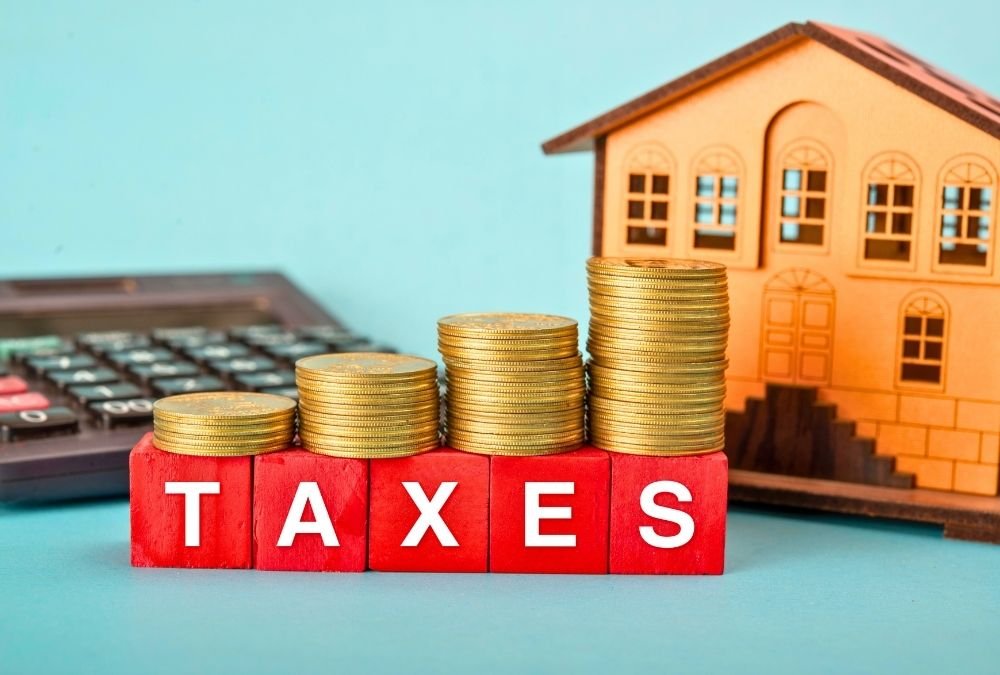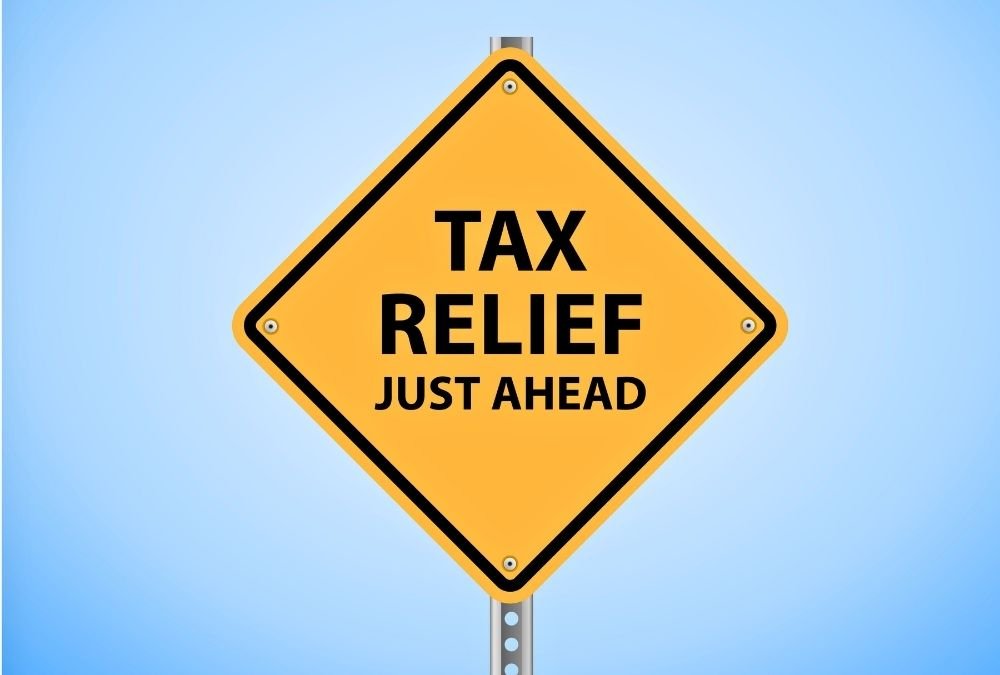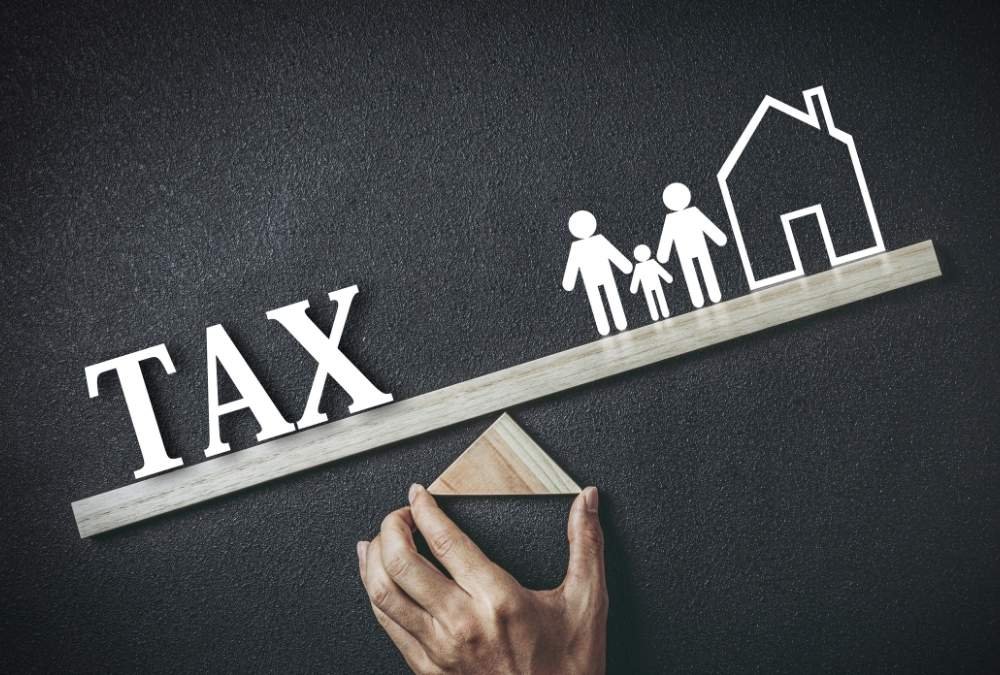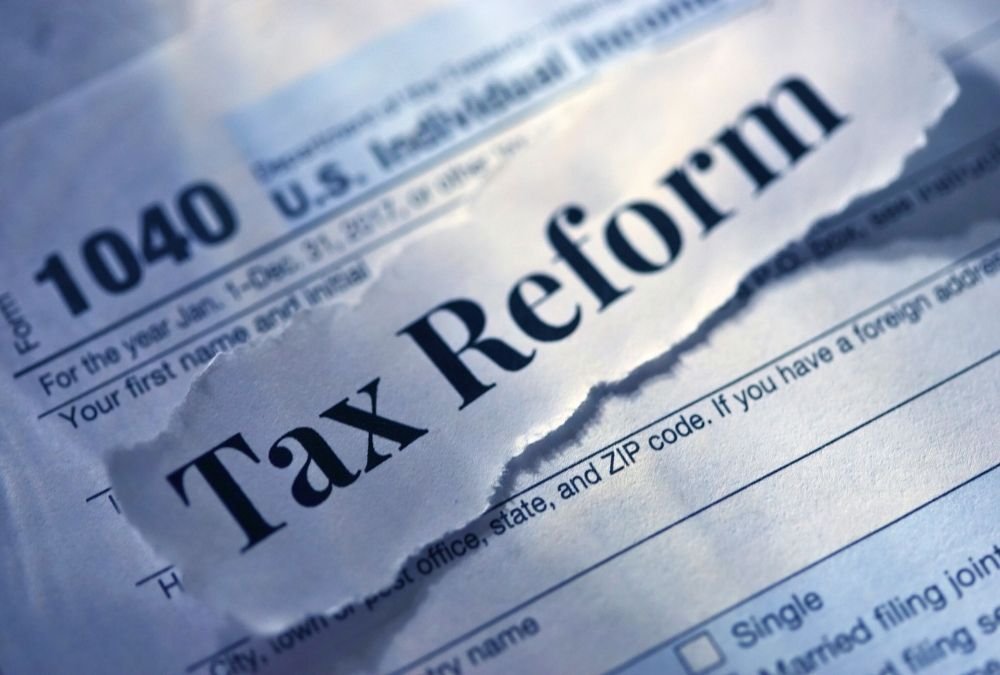
Retirement is meant to be a time of peace and stability, but for millions of Americans, escalating property taxes are turning it into a financial minefield. Imagine working 40 years to pay off your home, only to face a $12,000 annual tax bill on a fixed income of $40,000. This isn’t rare: A 2023 AARP study found that 35% of retirees now cite property taxes as their most burdensome expense—even more than healthcare costs. Meanwhile, U.S. home values have surged 54.4% since 2020, driving tax bills up 10–20% annually in some areas.
Consider Maria, a 70-year-old retiree in Austin, Texas. Her home’s assessed value doubled in five years due to gentrification, pushing her tax bill from $3,500 to $12,000. She now works part-time to cover the cost, delaying retirement dreams like travel or family time. “I never imagined my home would become a financial prison,” she says. This isn’t unique—1 in 4 retirees in high-tax states like New York and Illinois have moved or plan to move due to taxes. If you’re approaching retirement or already there, ignoring this issue could force you to drain savings, relocate, or lose your home. Let’s break down why this happens—and how to fight back.
1. Understanding Property Taxes: How They Work and Why They’re Rising

Property taxes are calculated using two factors: your home’s assessed value (set by local governments) and the tax rate (based on the jurisdiction’s budget needs). Here’s the kicker: assessed value often doesn’t reflect your actual income or ability to pay. For example, a $500,000 home in New Jersey might owe $12,000 annually, while a similar home in Alabama pays just $650. Why the disparity? New Jersey’s high demand for services and low state aid force municipalities to rely on property taxes.
Key Drivers of Rising Taxes:

Inflation and Home Price Surge: Post-pandemic demand and limited supply have driven U.S. home values up 54.4% since 2020. Even if your income hasn’t budged, your tax bill could rise 10–20% annually.
Assessment Loopholes: Many counties reassess homes every 1–3 years, but some use outdated “income-based” models that ignore market realities. For instance, a retiree in Florida might see their tax bill double after a reassessment, even if their income hasn’t changed.
Regressive Nature: Property taxes hit fixed-income retirees hardest. A couple living on $40,000/year might spend 15–20% of their income on taxes, while a working family pays 5–10%.
Myth-Busting:
- Myth: “Property taxes are based solely on market value.”
Truth: Assessors consider factors like property size, location, and improvements, which can differ from market value. - Myth: “Assessors set tax rates.”
Truth: Tax rates are set by local governments to fund services like schools and infrastructure; assessors only determine property value.
Action Step: Check your assessment notice for errors (e.g., incorrect square footage) and file an appeal within the deadline (often 30–60 days after receiving the notice).
2. The Retirement Risk: How Property Taxes Could Bankrupt You

Retirees face a perfect storm: fixed incomes, rising taxes, and limited recourse. Consider these scenarios:
- Case Study: A 72-year-old in Austin saw her tax bill jump from $3,500 to $12,000 in five years. She now works part-time to cover the cost.
- AARP Warning: Property taxes are the “most regressive tax on seniors,” as they don’t account for income or savings. A retiree in New Jersey could owe $15,000/year, while a neighbor with a pension might pay the same despite earning $150,000.
Consequences:
- Forced Relocation: 1 in 4 retirees in high-tax states have moved or plan to move.
- Emotional Toll: Selling a lifelong home erodes stability. One retiree in California described it as “grieving a death in the family.”
If You’re Stressed About Uncertainty:
Focus on proactive steps like appealing assessments (see Section 4) or exploring senior exemptions. Even a 10% reduction in your tax bill could save $1,000+ annually.
3. State-by-State Relief Programs: Your Lifeline

While federal tax relief is rare, states offer a patchwork of programs to ease the burden. Here’s what’s available:
Homestead Exemptions:
- Texas: Seniors 65+ get a $10,000 exemption and a tax freeze, meaning their rate won’t rise as long as they own the home.
- New York: The Senior Citizen Homeowners’ Exemption (SCHE) reduces taxable value by up to 50% for those earning under $32,000.
Tax Deferral:
- Oregon: Seniors and disabled residents can defer taxes until the home is sold, with interest capped at 3%.
- South Dakota: Allows deferral with no interest, but the balance is due when the home is sold.
Low-Tax States:
- Alabama: Average annual taxes are $650, the lowest in the U.S., thanks to capped assessment increases.
- Hawaii: A $75,000 exemption for seniors and a 0.31% tax rate make it retiree-friendly.
Personal Take: While these programs help, they’re often underutilized. Many seniors assume they’re automatically enrolled, but most require applications. For example, Texas’s tax freeze isn’t automatic—you must file Form 50-A by October 1.
Action Step: Visit your state’s tax website or AARP’s tax relief guide to check eligibility. A 10-minute search could save you thousands.
4. Proactive Strategies to Slash Your Tax Burden

Retirees aren’t powerless against rising property taxes—here’s how to fight back:
- Appeal Your Assessment:
- Why It Works: Assessments are often inflated due to clerical errors or outdated data. For example, a 2023 study found that 30% of U.S. homes are overassessed by an average of 10%.
- How to Do It:
- Gather Evidence: Use Zillow, Redfin, or local tax records to compare your home’s assessed value to similar properties.
- File Early: Most jurisdictions require appeals within 30–60 days of receiving your assessment notice, not the tax bill.
- Hire a Professional: Tax grievance firms (e.g., Aventine Properties) can streamline the process for a contingency fee.
- Success Stories: In Texas, homeowners who appealed under Proposition 8 (which allows reductions during market downturns) saw tax cuts averaging $800.
- Downsize Strategically:
- Move to a Tax-Friendly State: Consider states like Florida (no income tax) or Nevada (low property taxes and senior exemptions).
- Target Senior Communities: Many 55+ communities offer tax incentives, such as reduced rates or shared amenities that lower individual burdens.
- Leverage Reverse Mortgages:
- How It Works: Borrow against your home equity to cover taxes, with repayment deferred until you sell or pass away.
- Risks: Interest accrues over time, potentially reducing inheritance for heirs. Use this as a last resort if other options fail.
- Budget for Taxes:
- Set Aside 1–2% of Home Value: If your home is worth $400,000, save $4,000–$8,000 annually to avoid surprises.
- Use Tax-Advantaged Accounts: Withdraw from IRAs or 401(k)s in low-income years to fund tax payments.
Personal Take: Appealing assessments is often the fastest win. A neighbor of mine in New Jersey cut his taxes by 15% after proving his assessment was $100,000 higher than comparable homes. It took 6 weeks and cost $300 in fees—but saved him $2,500/year.
5. The Truth About Common Misconceptions

Misinformation fuels anxiety about property taxes. Let’s debunk key myths:
Myth 1: “Property taxes only fund schools.”
Truth: Only 30–50% of taxes go to schools; the rest supports police, infrastructure, and parks.
Myth 2: “Tax rates are set by assessors.”
Truth: Assessors determine value; rates are set by local governments based on budget needs.
Myth 3: “You can’t appeal your tax bill.”
Truth: Appeals must be filed before the tax bill arrives, often within 30–60 days of the assessment notice.
Myth 4: “Property taxes always rise.”
Truth: Taxes can drop if home values fall or you qualify for exemptions. For example, New York’s SCHE cuts taxable value by 50% for seniors earning under $32,000.
Myth 5: “Assessed value equals market value.”
Truth: Assessed value is often 50–80% of market value, depending on local rules.
Action Step: Use tools like the AARP Tax Relief Guide to verify myths and find state-specific rules.
6. The Future of Property Tax Reform

While federal reform is unlikely, state-level changes offer hope:
- Income-Based Taxation:
- Example: New York’s SCHE reduces taxable value for seniors earning under $32,000.
- Trend: 18 states now offer income-based exemptions, up from 12 in 2020.
- Tax Caps:
- Example: California’s Proposition 13 limits assessment increases to 2% annually.
- Impact: Retirees in capped states see tax hikes 50% lower than in uncapped areas.
- Federal Subsidies:
- Proposal: The “Senior Tax Fairness Act” would provide rebates for seniors paying >5% of income in property taxes.
Advocacy: Join AARP’s campaigns or local groups like the National Tax Limitation Foundation to push for reform. Retirees are a powerful voting bloc—use your voice!
Your Next Steps to Financial Security
Property taxes won’t wait, but neither should you. Here’s your roadmap:
- Appeal Your Assessment: File within 30–60 days of receiving your notice.
- Research State Exemptions: Use AARP’s guide to check eligibility.
- Budget for Taxes: Set aside 1–2% of your home’s value annually.
- Advocate for Reform: Join local or national tax reform groups.
Your home is more than an asset—it’s your legacy. Protect it by acting now. As one retiree in Florida said, “I thought taxes would drain me, but a $5,000 exemption gave me peace of mind.” You deserve the same.







